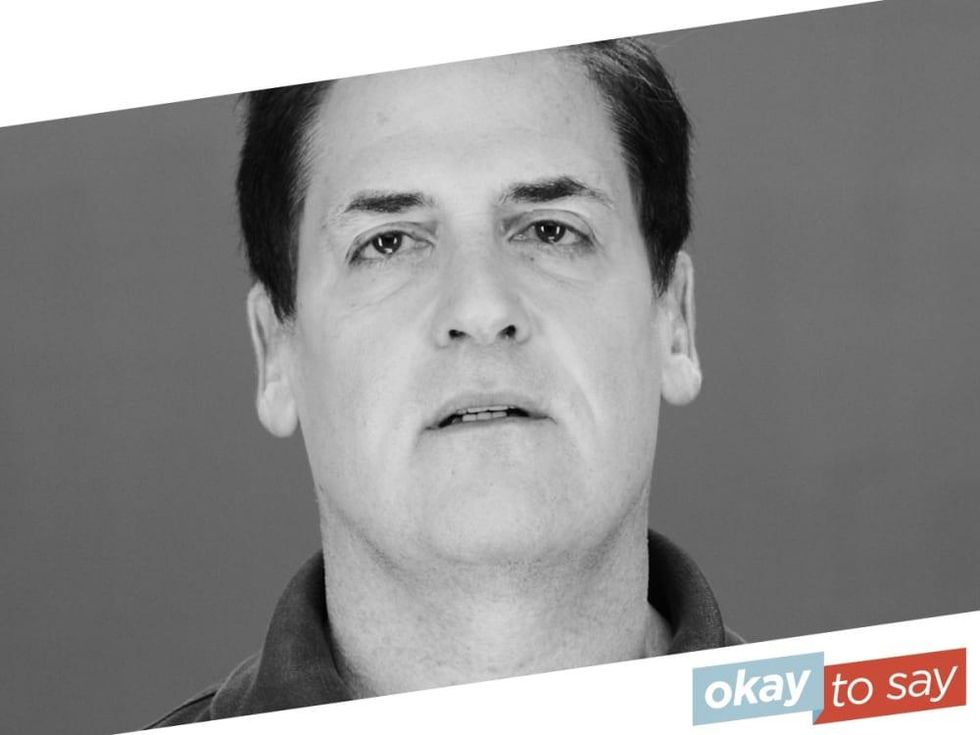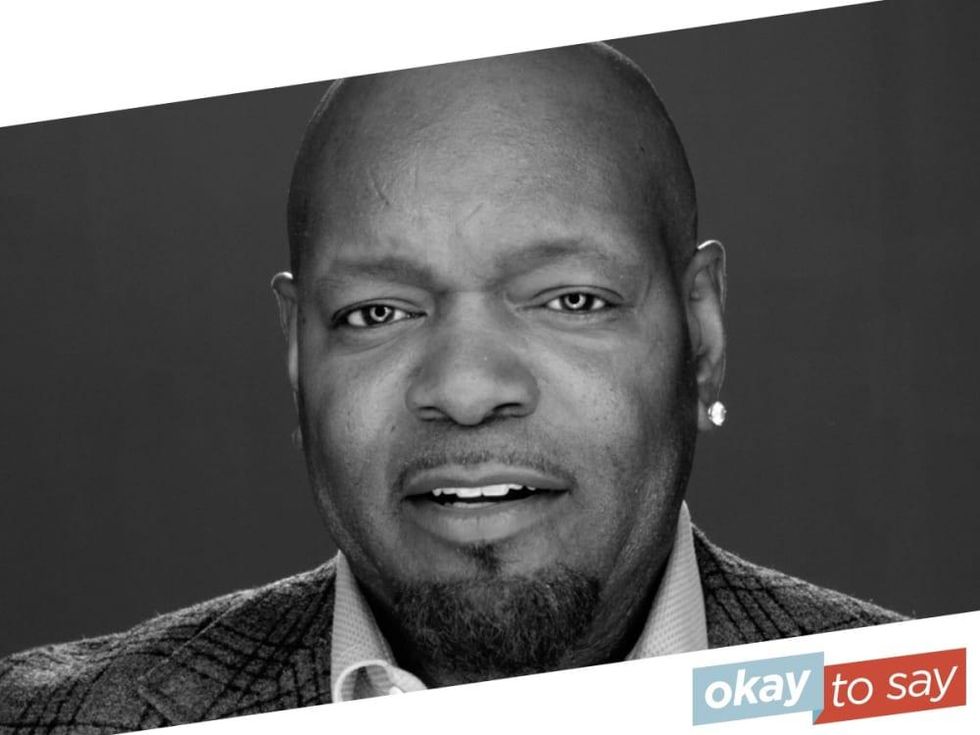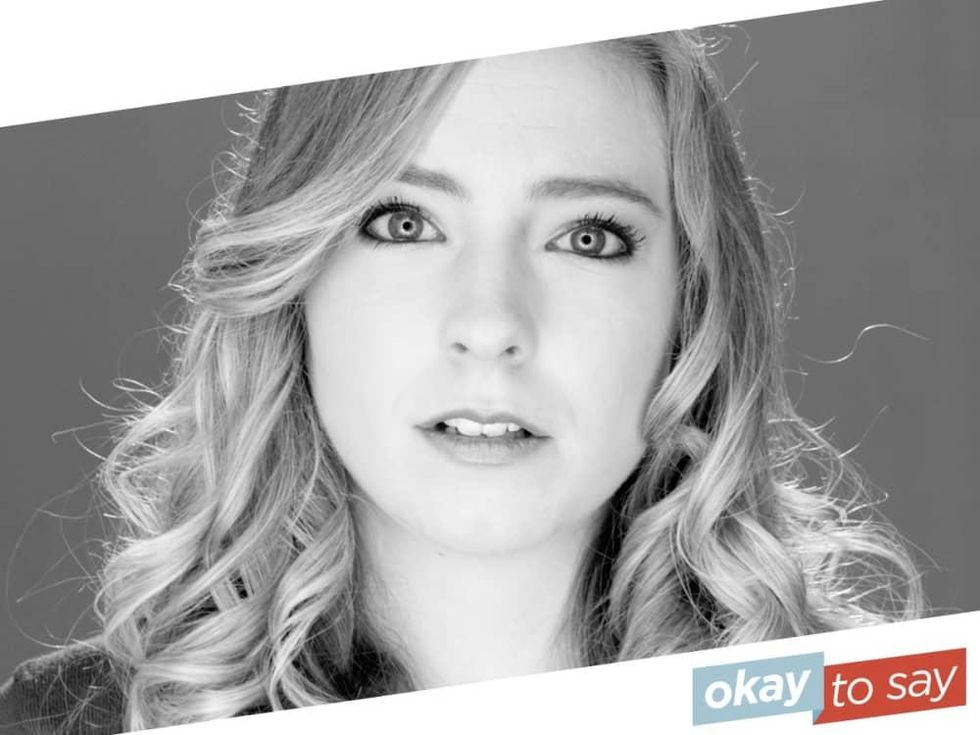Okay To Say
Famous Texans stand up for movement aimed at ending mental health stigma
It wasn’t too long ago when a woman with breast cancer didn’t dare admit it in public — too much stigma and embarrassment. Fast-forward 30 years, and we have people “thinking pink” loud and often to raise awareness for the disease and money for research.
Mental health issues are in the same place breast cancer was three decades ago. The “hush hush” attitude toward mental illness makes it hard for people to talk about this disease, whether it’s their own or a loved one’s. Two-thirds of people with a diagnosable mental illness don’t seek help, and that’s a tragedy with effective treatments available.
Now is the time for change. A new grassroots movement called Okay to Say is raising awareness about mental health issues that affect Texans. They’re also shining the spotlight on the challenges and successes people encounter when seeking help. They are making it okay to say, “I need help” or “someone I care about needs help.”
The statewide effort launched in March with President George W. Bush, Emmitt Smith, and Mark Cuban encouraging people to join the movement and add their voice through a statewide social and digital media campaign.
“Nine out of 10 Texans think that it is more difficult to discuss mental health rather than a physical issue,” says Andy Keller, PhD, chief executive officer of the Meadows Mental Health Policy Institute, one of the creators of the Okay to Say movement. “By starting the conversations, we help those living with mental illness, as well as their families and loved ones, know that they are not alone and that effective treatment exists.”
One of the worst parts of living with mental illness is the lack of hope or knowledge about available help, as well as the bias that leads to social, psychological, and physical costs and tragic personal consequences. Too many people with a treatable mental illness delay or even fail to get care.
No one has to suffer alone. Okay to Say wants to break this cycle.
Texans can show their support to those with mental illness by signing their names — or signing in anonymously — on OkaytoSay.org, and by uploading photos, videos, personal stories, and sharing the campaign with friends and family on social channels.
“The first step in getting people help is to realize that it’s okay to say you live with mental illness or know someone who does,” Keller says. “By talking openly about mental health, we can lead the way in getting people the help they need.”
Watch the video about Okay to Say here, and be sure to sign your name to the growing list of people at OkaytoSay.org.



